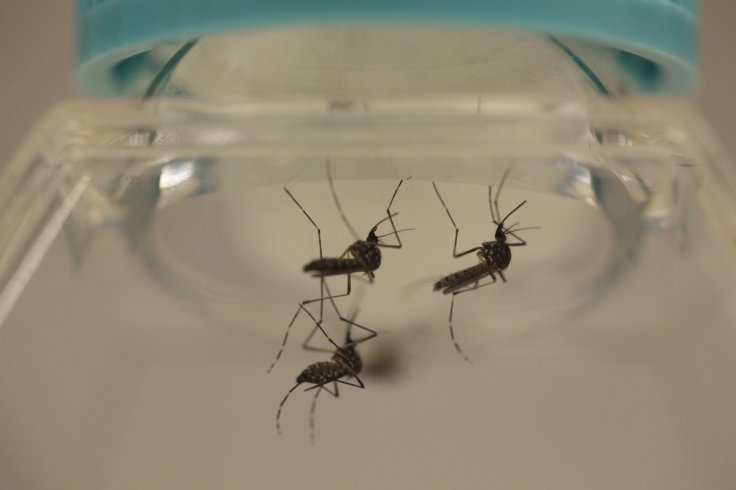
The first Zika cluster of 2019 was confirmed in Serangoon Gardens area after three cases of locally transmitted infection were reported, said the National Environment Agency (NEA).
As per NEA, all three Zika infected patients are residents of Hemsley Avenue, where people are "urged to maintain vigilance and continue to eliminate mosquito breeding habitats".The agency on Friday suggested there could still be asymptomatic or mild undiagnosed cases of Zika which may cause further transmission of the virus if there are mosquitoes in the vicinity.
It was mentioned in the NEA website that a total of 10 Zika cases have been confirmed this year in the country, with the very first case imported in May 2016 and the first locally transmitted case reported in August that year.
Zika virus, linked with neurological diseases such as microcephaly, is spread by the Aedes aegypti mosquito, which is also responsible for the transmission of dengue. As per NEA, Hamsley Avenue is close to an eight-case dengue cluster notified on August 20 this year at Bridport Avenue in Serangoon Gardens area.
It should be mentioned that Brazil is the early epicentre of the virus infection. Later the country informed the World Health Organisation in mid-July 2015 of an increase in detection of neurological disorders, including Guillain-Barre syndrome and microcephaly -- babies born with a smaller head due to abnormalities in the development of the brain.
Many studies examined newborns, miscarriages and stillbirths with brain abnormalities, as well as, their mothers, and detected Zika in amniotic fluid, the placenta, the umbilical cord, fetal blood, and fetal brain tissues.
The virus, also transmittable through sex and during pregnancy from mother to fetus, often circulates in the same geographic area, prompting the WHO to issue advisories against the restriction of travel to or trade with countries or areas with Zika virus transmission.








